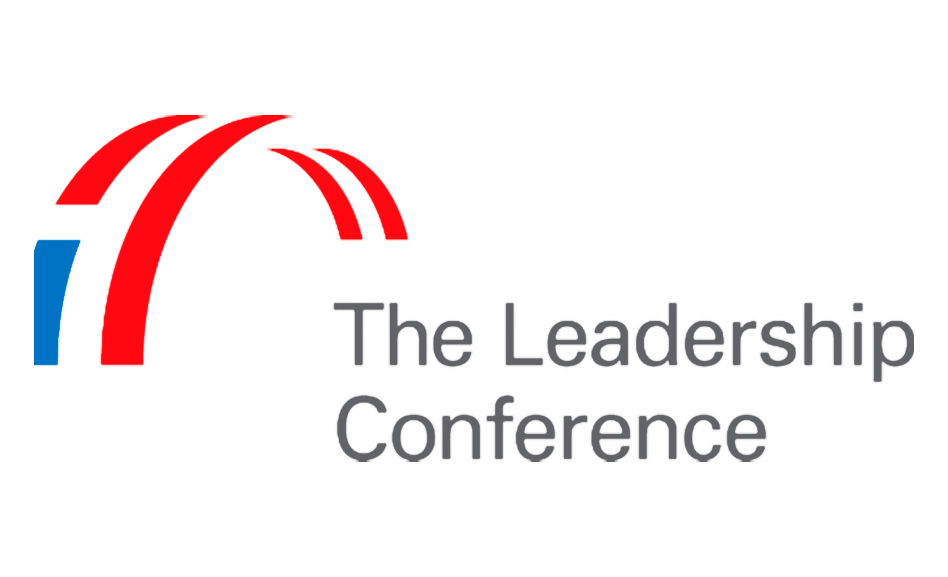
The Leadership Conference Education Fund on Monday, April 17, released a report outlining the “serious threat of an alarming rise in hate crimes” since 2014.
According to the report, which is the latest publication in LCEF’s Cause for Concern series, each of the last four presidential election periods have shown an “unmistakable pattern” of hate crimes increasing during elections. The report notes that hate crimes have, in fact, nearly doubled since 2014.
A press release on the report notes, “While not all hate crimes and hate incidents are committed by white supremacists, white supremacist violence has been particularly virulent during the last four presidential elections.”
The report is based on statistics from the FBI and the Department of Justice and other publicly sourced data, the press release notes.
According to the report, analysis of recent data reports shows that hate crimes have increased by more than 90 percent since 2014 against Asian, Black, Muslim, LGBTQ, Jewish, Latino, immigrant, disability and other communities.
“Among the compiled data, it is clear that reported hate crimes increase during election cycles — including in 2008, 2012, 2016 and 2020,” the report says.
LCEF has called for a series of reforms to help combat and dismantle the conditions that have created the current state of hate ahead of the 2024 election,” the press release says. Those reforms include:
- Social media platforms must de-platform hate and disinformation year-round. “Platforms are failing to consistently enforce their own policies to curb hate speech and keep users safe, which enables a small number of individuals and organizations with significant reach to repeatedly spread disinformation. Platforms have also gutted their trust and safety teams responsible for civil rights enforcement, which makes it easier for hate speech to proliferate.”
- The federal government must confront and address white supremacist violence without further criminalizing communities of color, religious minorities and other marginalized communities. “The administration must prosecute white supremacist violence using the laws already on the books and cannot expand the footprint of national security agencies, which would harm the communities it intends to protect. Congress must mandate hate crime data collection and reporting. … To take more effective action, we need more accurate data to help us see the patterns and places where hate hurts people.”
- Public officials must speak out against hate. “We have to name and shame hate, and public officials have the power to help reduce incidents. We know that vocal support for people and communities who are too often victimized by hate sends a message of inclusion to those targeted and can reduce the amount of hate crimes committed.”
Maya Wiley, president and CEO of The LCEF, said, “Antisemitic chants and violence in Charlottesville, the heinous attack in El Paso on Walmart shoppers who were mostly Mexican and Mexican American, the targeting of Black grocery store shoppers in Buffalo and the devastating act of violence at LGBTQ Club Q in Colorado Springs were not spontaneous acts. They were organized or influenced by organized hate groups.
“White supremacists, neo-Nazis, and other hateful extremists are working to influence and incite more adherents to hate, undermining our democracy,” Wiley added. “The fact that the violence has grown each election cycle since 2008 makes the threat a clear and present danger to our most fundamental act of belonging: The vote.”
She continued, “The unfettered spread of conspiracy theories and hate speech on social media — aided by the unwillingness of platforms to follow their own policies and invest in identifying and removing hate — has allowed the perfect venue for white supremacist rhetoric and lies to move more into the political mainstream. We need to treat the rise in racist, antisemitic, homophobic and xenophobic violence as the emergency it is. The recommendations that The Education Fund highlighted in this report are important steps that elected leaders can take right now.
“We are all in this together,” Wiley concluded. “Too many powerful people are trying to pit us against each other for their own gain, and that has to stop. At The Leadership Conference and The Education Fund, we know that we all benefit from each other’s liberation and work across religious, racial and cultural communities to challenge the insidiousness of white supremacy — because democracy depends on our coming together to see and solve our shared problems. We won’t rest until white supremacist hate — online and offline — is stamped out with every tool at our disposal.”
Read the full report Cause for Concern 2024: The State of Hate here.
Go here for more information on The Leadership Conference Education Fund.
